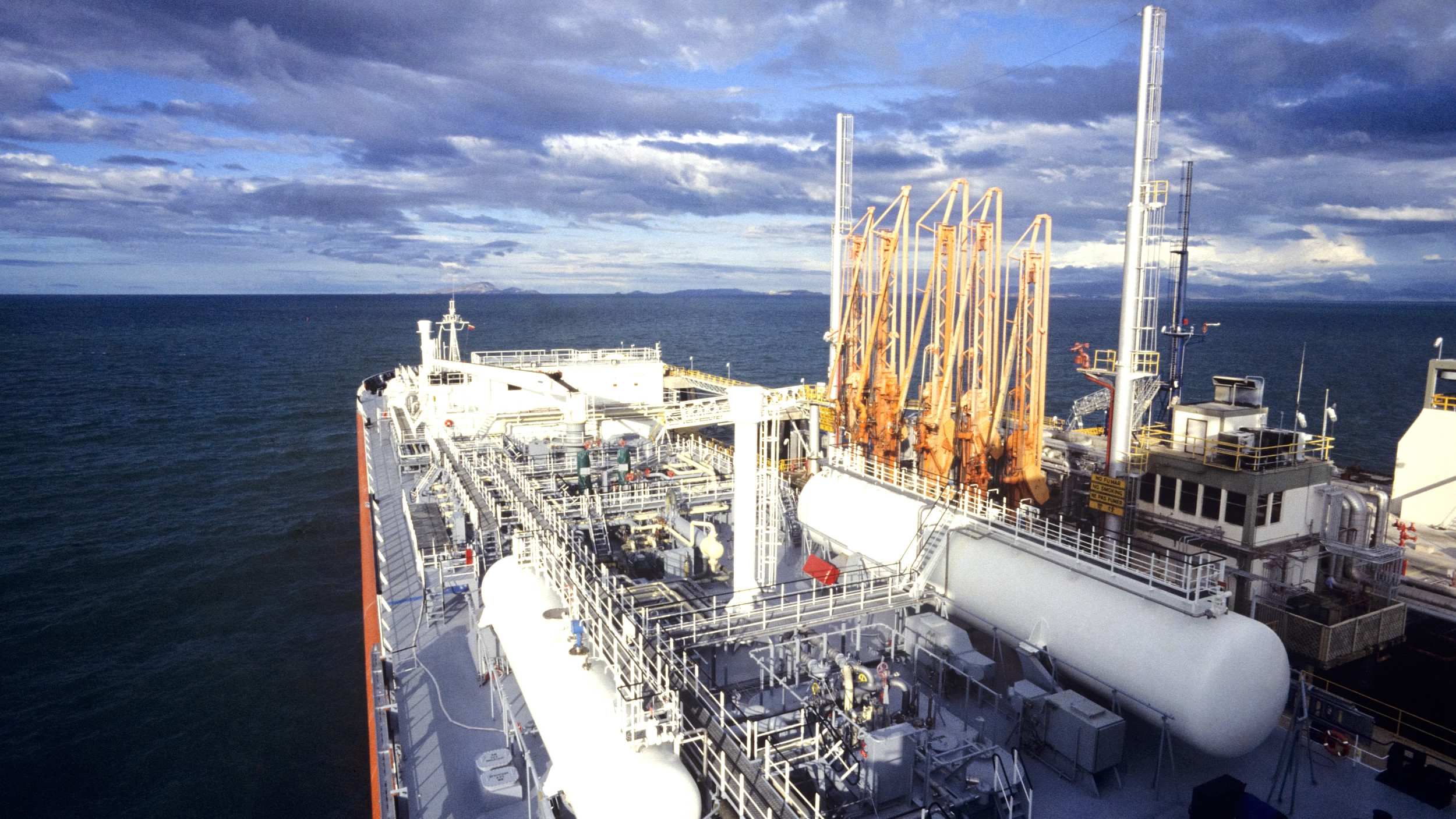
Business
15:37, 03-Apr-2018
Chinese oil shipment marks major blockchain breakthrough
Nicholas Moore

Last Friday, a cargo ship arrived in Singapore from China’s eastern port of Quanzhou, carrying a shipment of gasoline.
Nothing extraordinary about that, right?
But this journey marked a historic landmark, becoming the first shipment of its kind to be processed entirely using blockchain technology.
According to Xinhua, this delivery, carried on a ship owned by Sinochem, was the first successful commodity trade between the two countries using blockchain at every stage.
Why is that so significant? Because blockchain is widely seen as the future of logistics, from domestic parcel deliveries all the way up to enormous cargo ships crossing oceans to transport energy between countries.

Sinochem is a major state-owned conglomerate involved in energy, agriculture, chemicals, real estate and financial services. /VCG Photo
Sinochem is a major state-owned conglomerate involved in energy, agriculture, chemicals, real estate and financial services. /VCG Photo
Why use blockchain?
Whether it’s business to business, business to consumer, consumer to consumer, or now country to country, the security, speed and efficiency that blockchain can provide have made the technology one of the big buzzwords of 2018.
In this latest transaction, two of the biggest benefits brought about by blockchain were the use of digital billing and smart contracts. Blockchain technology works as an unalterable ledger of information, meaning payments and contracts can be carried out online both securely and rapidly.
According to Xinhua’s report, blockchain reduced transaction costs in this case by as much as 30 percent. The efficiency brought about by blockchain is perhaps even more impressive – this oil shipment was processed twice as fast as traditional methods.
Will this kind of trade happen more often?
Why not? This particular deal saw the involvement of local customs officials, and the successful delivery and savings made on time and costs mean more international trade is likely to be conducted through blockchain.
In fact, this isn’t the first large international trade of goods carried out via the emerging technology.
In January a shipment of soybeans from the US to China was successfully made using blockchain, with the head of trade operations at American agricultural merchant Louis Dreyfus Co., Robert Serpollet telling Reuters “we noticed very significant efficiency gains… far beyond what we expected.”
In 2017, a report at the World Economic Forum pointed to how blockchain was being adopted by energy giants like BP and Shell, with the technology set to “completely transform how energy is bought and sold.”

SITEMAP
Copyright © 2018 CGTN. Beijing ICP prepared NO.16065310-3
Copyright © 2018 CGTN. Beijing ICP prepared NO.16065310-3